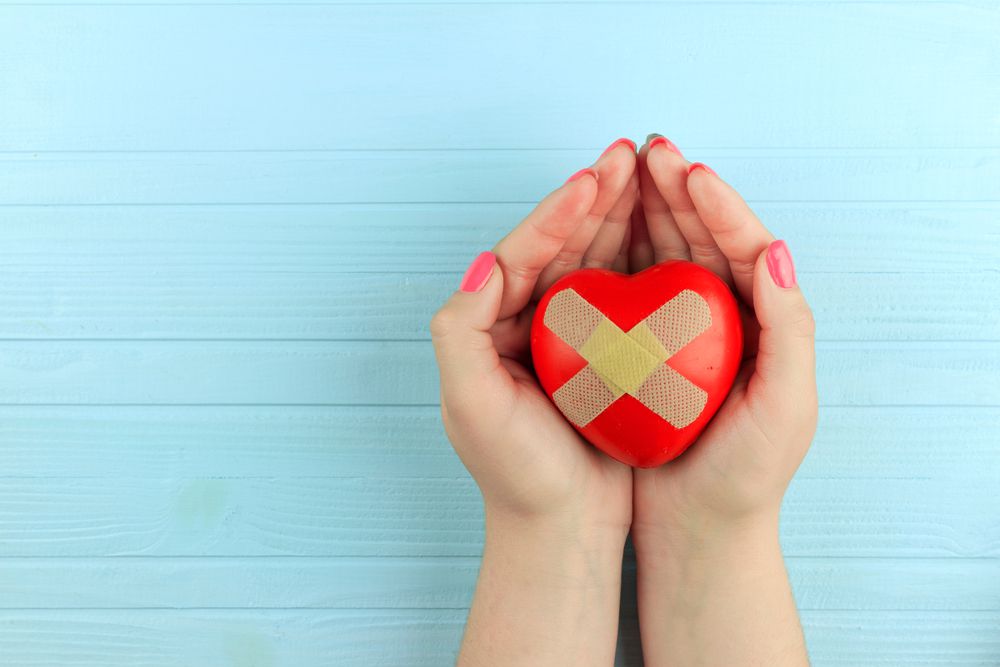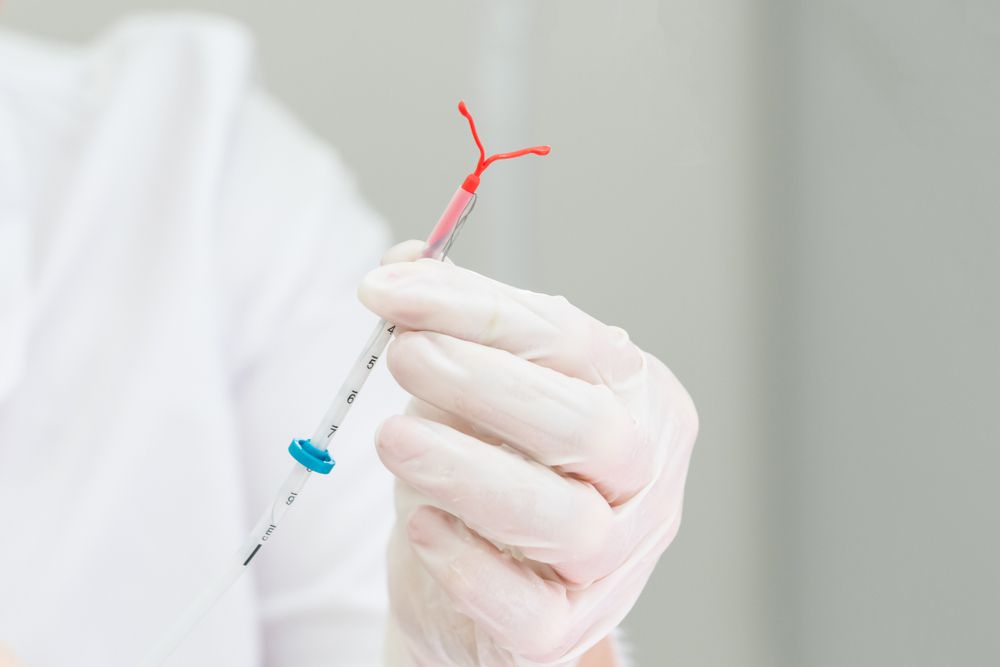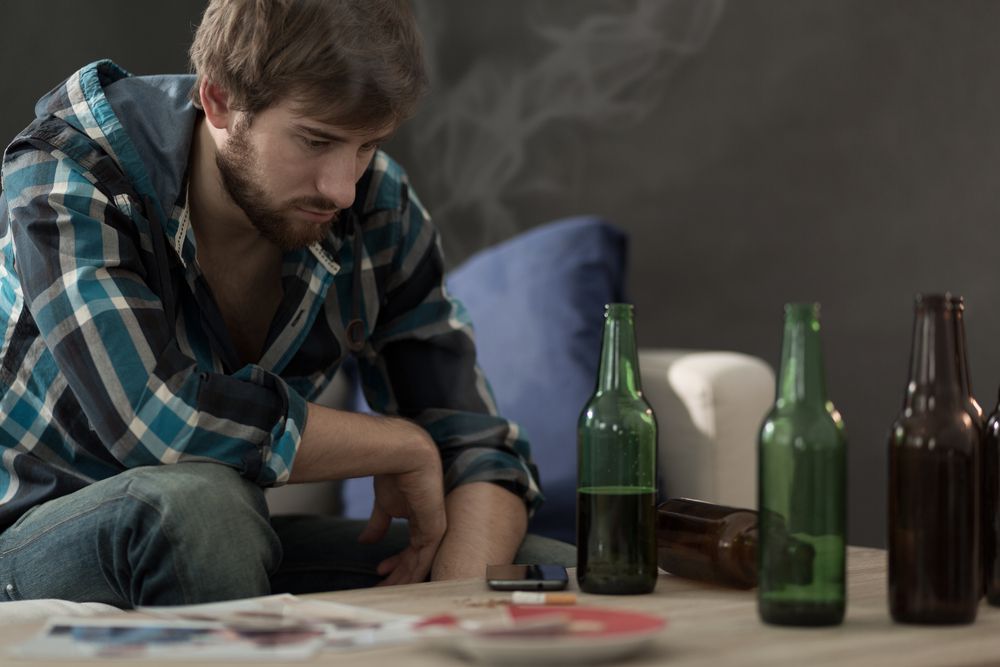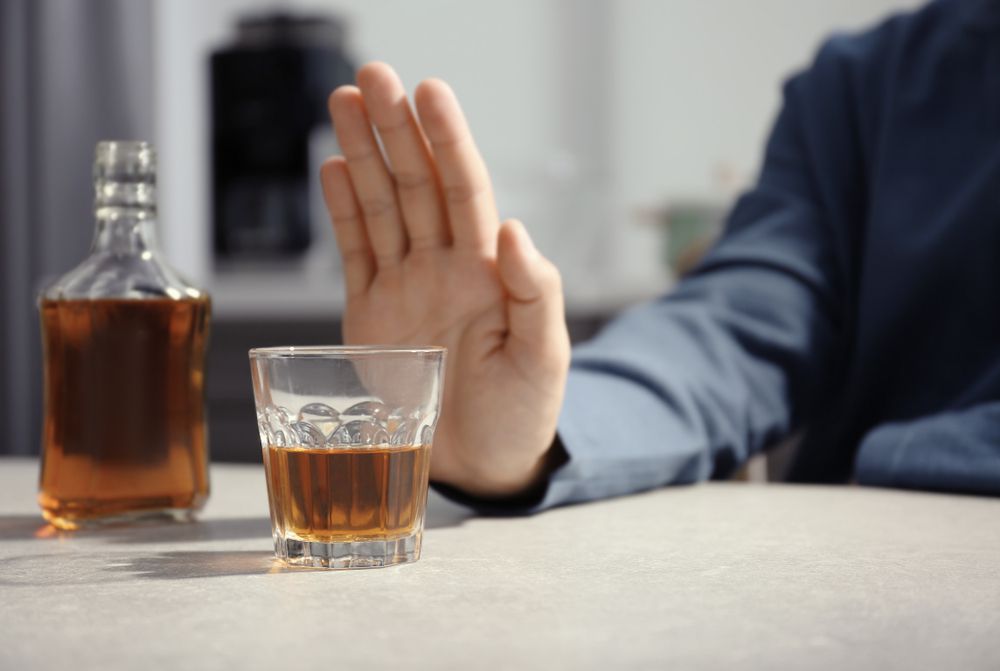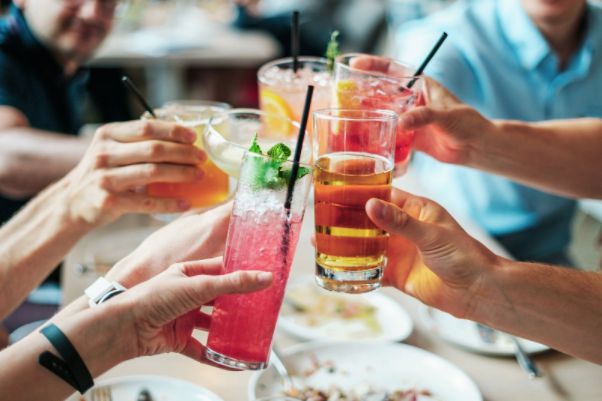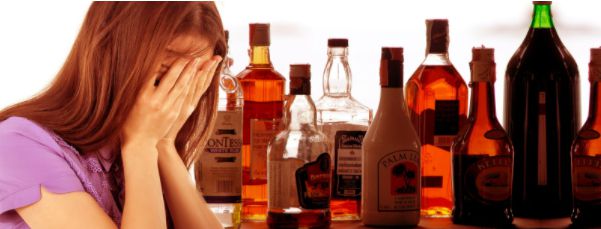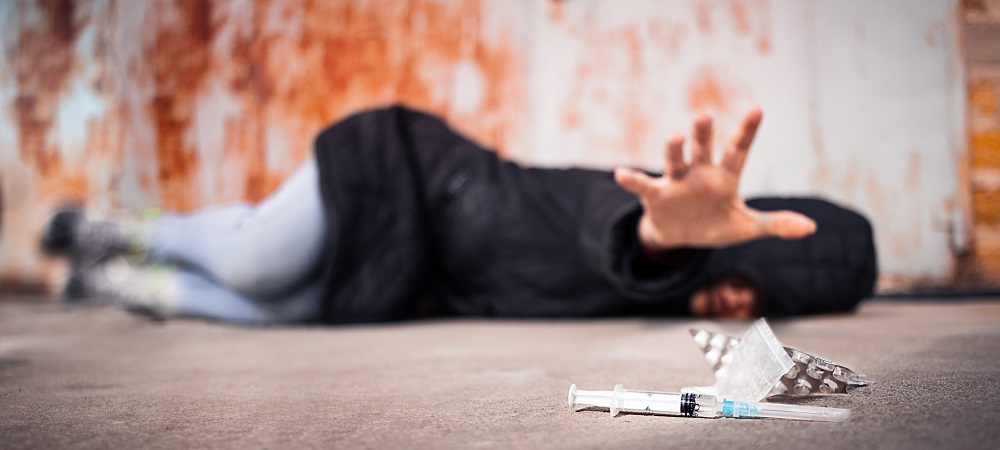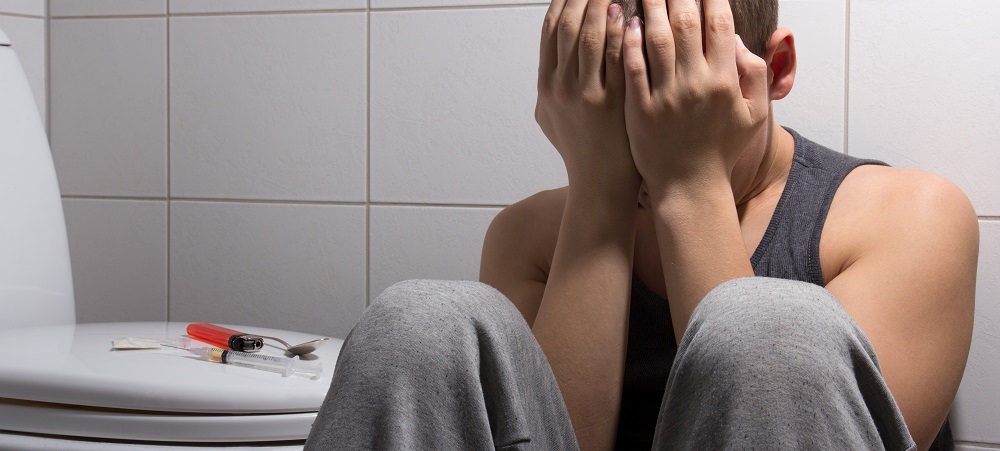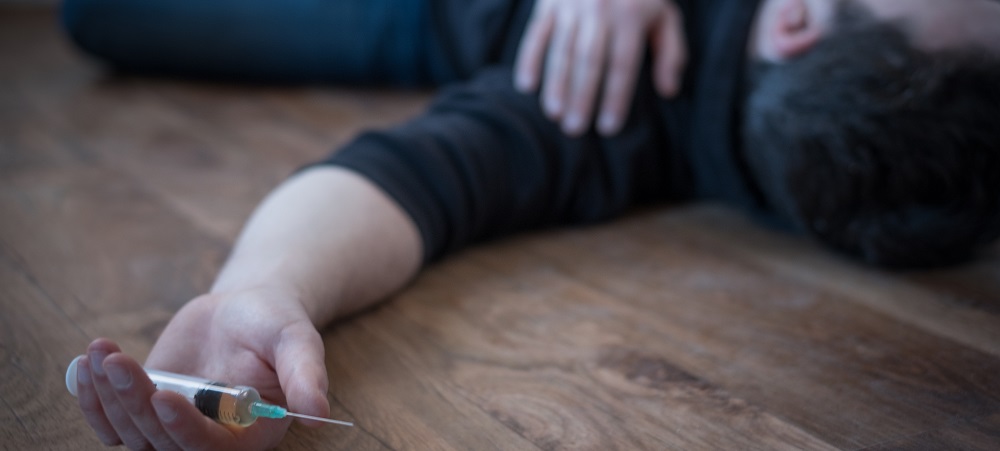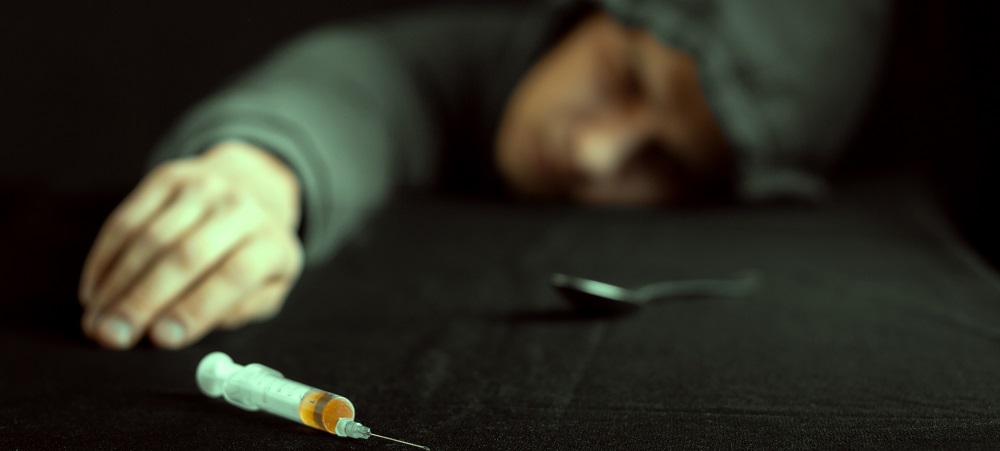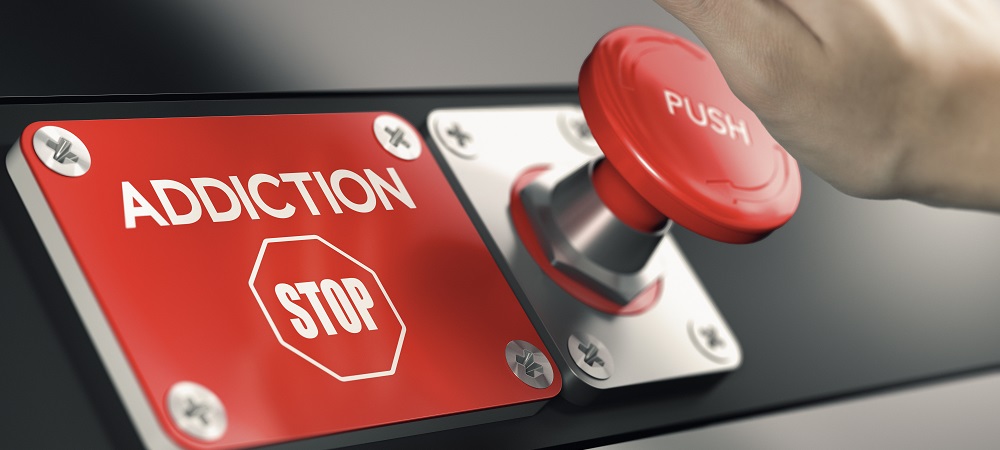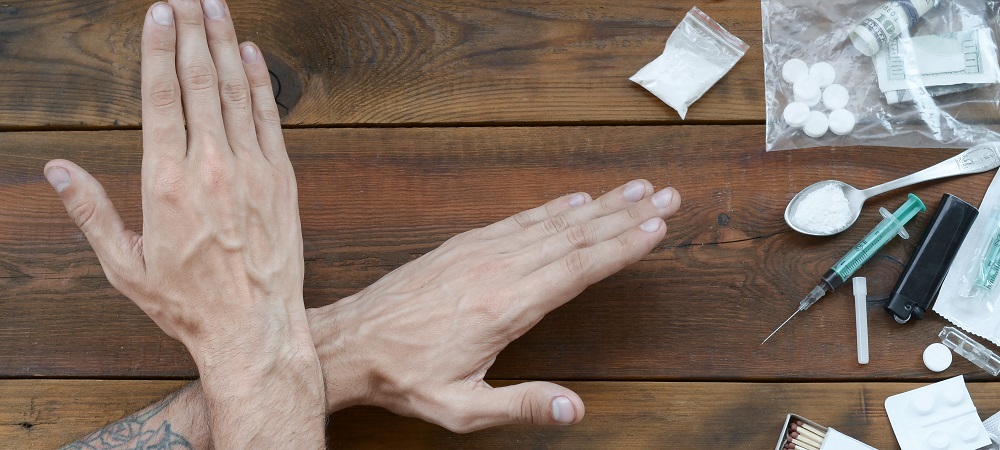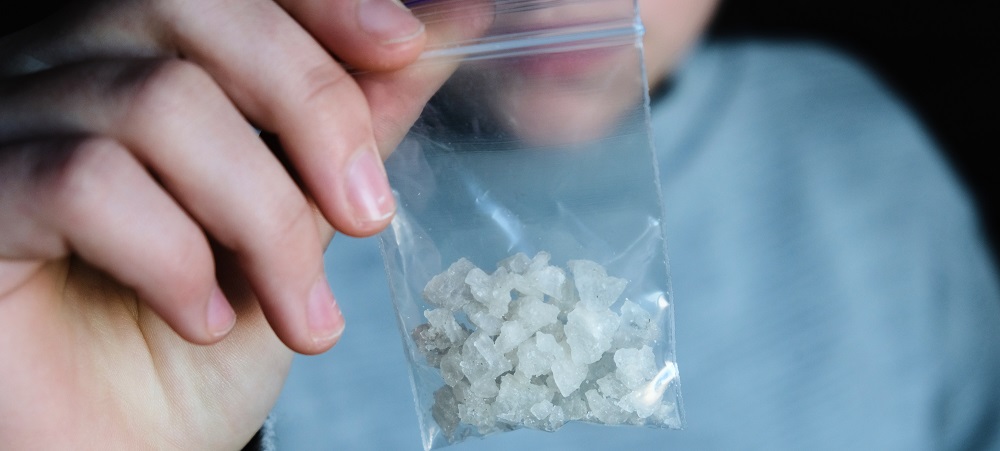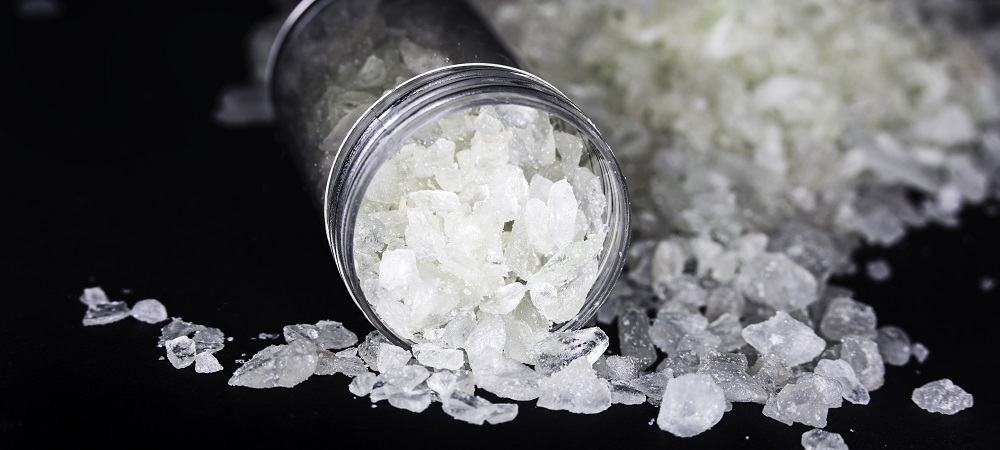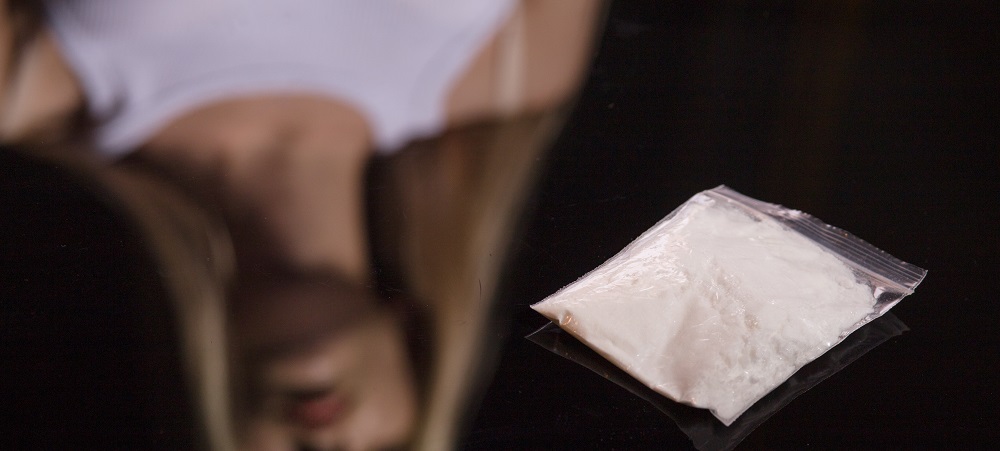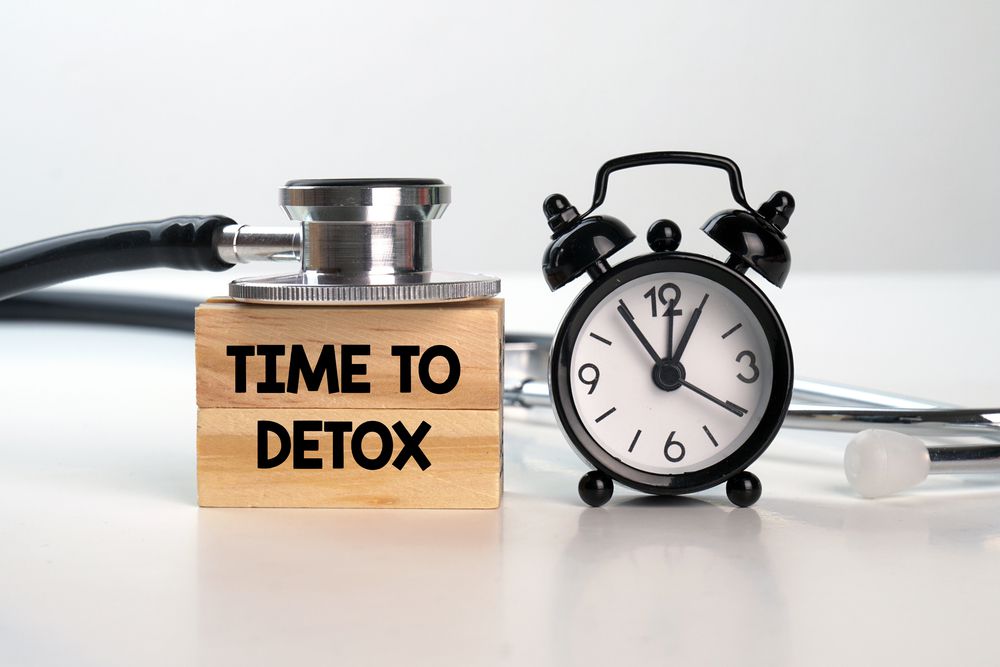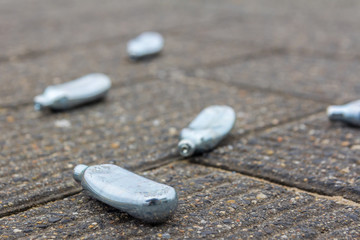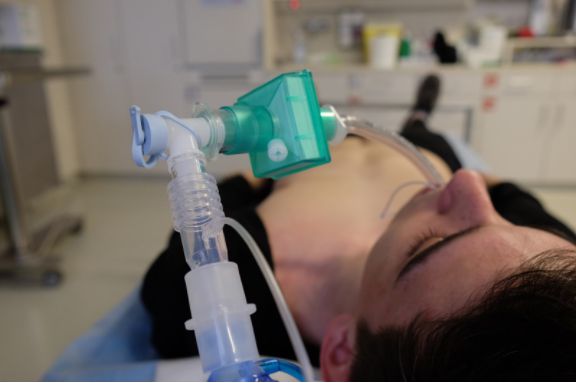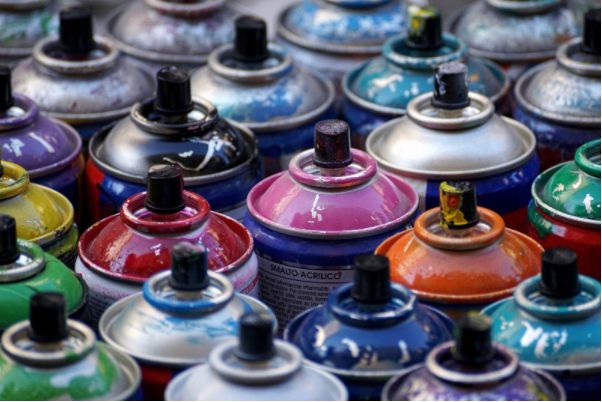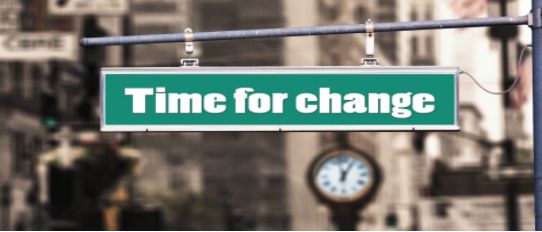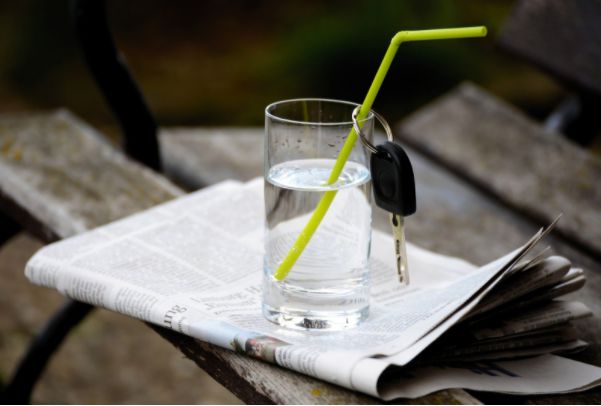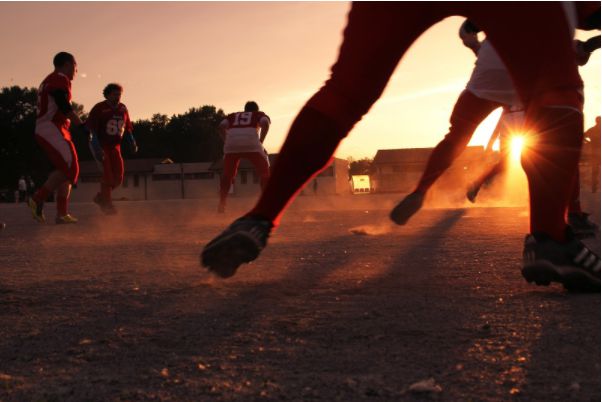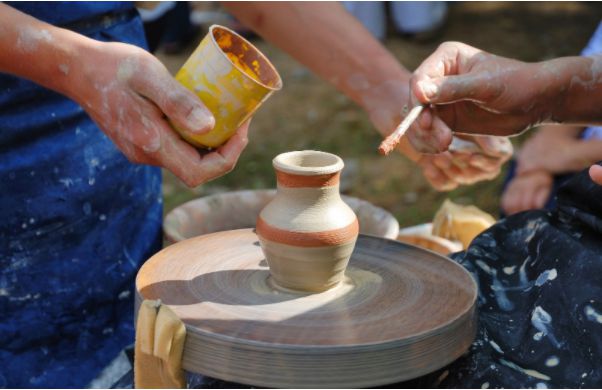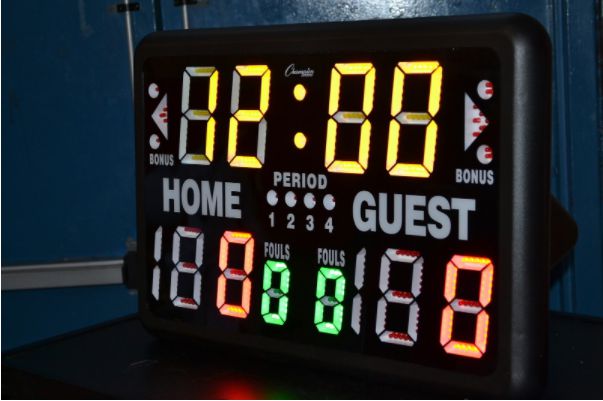Many people struggle with drug and substance abuse or addiction. For these people, recovering from addiction can be difficult. However, the first step to achieving that is acknowledging their struggle and seeking treatment. There are many options for addiction treatment available today.
These treatment options depend on a number of factors. One factor is the type of addiction a person suffers from. Other factors include the length and severity of the addiction as well as the effect it has on the person.
Despite the high number of treatment options, it is crucial that you choose one which will help you achieve sobriety. In this article, you will know the addiction treatment services you can choose for a successful recovery. In the end, you will also know where you can go for your addiction treatment.
Types of Addiction Treatment Services
As earlier stated, there are many options for addiction treatment. However, you must know how to choose an addiction treatment option tailored to your needs. This is because treatment services are different for every person. They are also based on the needs and situations of each person.
The hallmark of a good treatment program is that it ensures the active involvement of individuals in recovery. Hence, when you seek addiction treatment, ensure you choose one where you are actively involved in every step of the way. The different addiction treatment programs include the following:
Detoxification

After addicts realize they are struggling and need help, the first step in recovery is usually detoxification. This treatment helps addicts safely withdraw from alcohol or drugs until it leaves their system. In most cases, detoxification involves medications that help you minimize withdrawal symptoms. These medications will reduce once you become independent of drugs or alcohol.
Behavioural Therapies and Counselling
After detoxification, addiction treatment programs that follow are usually counselling and behavioural therapies. These therapies depend on your needs. In the beginning, they are high in intensity. However, they gradually reduce as your symptoms improve. Some of the therapies for addiction treatment are:
Cognitive Behavioral Therapy

This therapy helps uncover thoughts or feelings capable of hindering a recovery patient. Hence, it reduces your risk of relapsing or compromising your sobriety.
Biofeedback Therapy
It is a type of drug-free therapy that helps recovery patients understand the involuntary processes in their bodies. A therapist will place electronic sensors on your skin and monitors your brain’s activity. Based on the results and analysis, the therapist will recommend psychological techniques beneficial in overcoming addiction.
Holistic Therapy
It is one of the therapeutic addiction treatment programs that focuses on your overall wellbeing. It also treats physical withdrawal symptoms. Examples of holistic therapies include guided meditation, art therapy, yoga, and acupuncture.
Dialectical Behavior Therapy
This addiction treatment option helps you accept difficult thoughts, behaviours, and emotions. It also enables you to focus on validation, find a balance between change and acceptance.
When you do so, you tend to cut down on unhealthy behaviours. This therapy also boosts your motivation to change, focuses on your strengths, and helps you live right.

Experiential Therapy
This treatment uses non-traditional methods of treatment to aid recovery patients to get over repressed feelings and emotions. This treatment usually involves patients engaging in outdoor recreational activities.
Psychodynamic Therapy
This addiction treatment program will help you explore your emotions. It aims to help you uncover subconscious thoughts related to your addiction. When you do so, you can identify the underlying reason for your addiction. It also helps you avoid situations that can lead you back to drug or substance abuse during recovery.
Motivational Enhancement Therapy
This therapy helps you learn how to change certain behaviours or negative thoughts related to your addiction. Most times, these types of addiction treatment services are used in treating recovery patients with co-occurring conditions. Examples of these conditions include post-traumatic stress disorder (PTSD) and bipolar disorder.
The overall aim of counselling during addiction treatment programs is to help patients change their behaviour or attitude towards substance abuse. It also helps them boost their self-esteem, strengthen life skills, and support other addictive treatments.
Related article: Traveling for Addiction Treatment Improves Long-Term Recovery
Rehabilitation Programs For Addiction Treatment
These are programs tailored for addictive treatments that last longer. These types of addiction treatment services are very effective. They help you remain free of addiction and resume your normal lifestyle. Licensed addiction treatment services usually offer rehabilitation programs to their patients.
These programs mostly go on in a facility with patients having complete daily access to medical staff. Examples of rehabilitation programs include:
Inpatient Rehab
This is one of the options for addiction treatment that addresses all areas of a recovery patient’s addiction. It consists of structured treatment programs tailored to the needs of every patient. In this type of rehab program, recovery patients live in a substance-free facility.
While there, they receive therapeutic support and medical care daily. Inpatient addiction rehab is best for people struggling with chronic addiction. Patients with co-occurring behavioural and mental disorders also benefit from it.

Sober Living Homes
This acts as a connection between inpatient rehab and a patients’ return to their normal lifestyles. If you are in recovery and you need more time to reinforce the things learned in rehab, this facility is good for you. A sober living home will help you strengthen healthy habits while you remain within its structures.
Outpatient Rehabs
It is one of the flexible options for addiction treatment. In this program, patients receive the same type of treatments and therapies in inpatient rehabs. However, they do so while living at home during the recovery process. That way, they remain in contact with their families and normal lifestyle while attending their scheduled treatment sessions weekly.
The risk of this addiction treatment program is that patients are exposed to the real world. Hence, they are at a greater risk of experiencing triggers that can cause them to relapse. Therefore, it is only recommended for patients with mild forms of addiction. Those patients must also remain committed and disciplined in their approach to recovery.
Support Groups
When addiction recovery patients finish with their addiction treatment programs, it is good for them to join support groups. These groups play important roles in helping them remain on the right path after treatment.
If you join a support group, you will meet individuals in similar situations. These individuals encourage you throughout your recovery process, ensuring you stay on the recovery path.
The following are examples of support groups:
- 12-Step programs like Alcoholics Anonymous (AA) and Narcotics Anonymous (NA)
- SMART Recovery
- Al-Anon and Nar-Anon
Addiction counsellors also play important roles in addiction recovery. They provide recovery patients with unbiased support during treatment. Counsellors will create a treatment plan and aftercare program that suits their patients. They also schedule and conduct individual or group therapy sessions.

Addiction Treatment Medications
Medications are one of the important options for addiction treatment. While you undergo detoxification and even throughout your addiction treatment, you may have medications prescribed for you.
These medications work in several ways to help you manage your withdrawal symptoms. They also work to help you reduce your cravings and treat the disorders you have.
Medications are effective especially when combined with addiction treatment programs. Some medications taken for alcohol addiction include:
- Naltrexene
- Disulfiram or Antabuse
- Acamprosate or Campral
There are also medications for depression, anxiety, mental health conditions, etc., which can cause substance-related disorders.
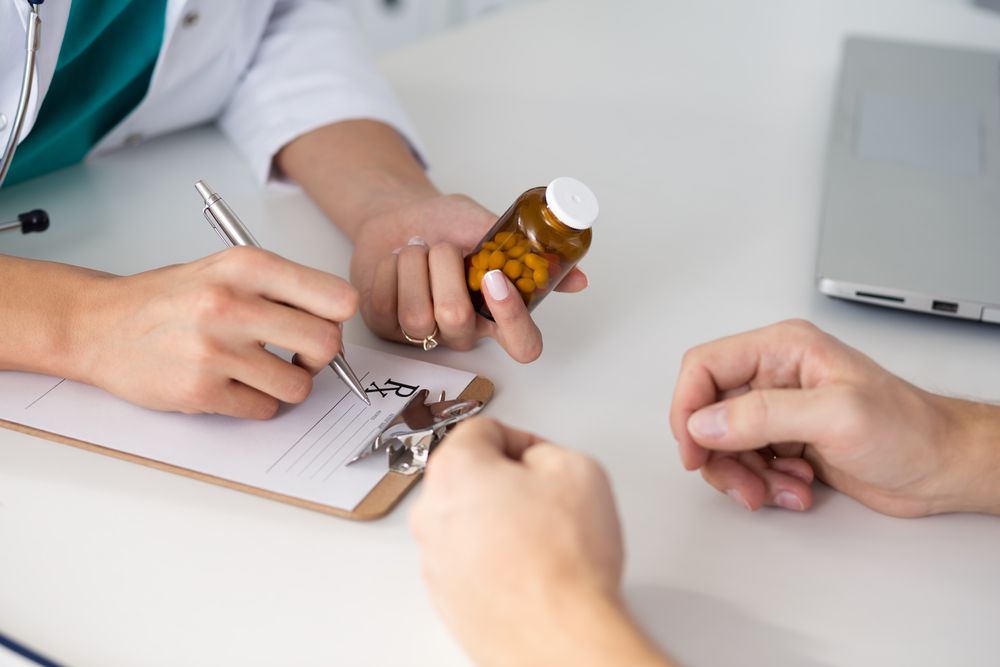
Frequently Asked Questions
Here are some questions people ask pertaining to options for addiction treatment:
My addiction treatment program is not effective. What can I do?
Speak with your doctor or an addiction treatment professional. There are several approaches to addiction treatment. Explore other treatment programs. If possible, use medication in conjunction with your treatment to aid healing. If you believe the problem lies with your addiction treatment service, then you should consider changing to a new one
What addiction treatment option should I choose?
Your choice of addiction treatment programs depends on a number of factors. These include the severity of your addiction, how long you have been an addict, and the state of your health. Your addiction treatment service will choose a treatment program that will benefit you.
Is Inpatient Rehab Only for Celebrities?
This is a very false notion. Inpatient rehab is for anyone struggling with severe symptoms of addiction. Such persons recognize they need professional help in overcoming their addiction. Hence, they enrol for inpatient rehabilitation.
Where Can I Find Treatment?
Selecting the best addiction treatment program can be difficult. This is especially as you have a long list of options for addiction treatment. There are a number of addiction treatment services to choose from. However, ensure you choose the best one suited for your needs.
Here at 1000 Islands Addiction Rehab & Treatment Centre, our treatment service stands out among many others in the country. We offer all treatment programs and have a world-class inpatient facility. We don’t just treat your addiction but also live a long-lasting positive impact in your life. Contact us today to learn more.
Related article: Best Winter Home Exercises To Maintain Your Addiction Treatment




